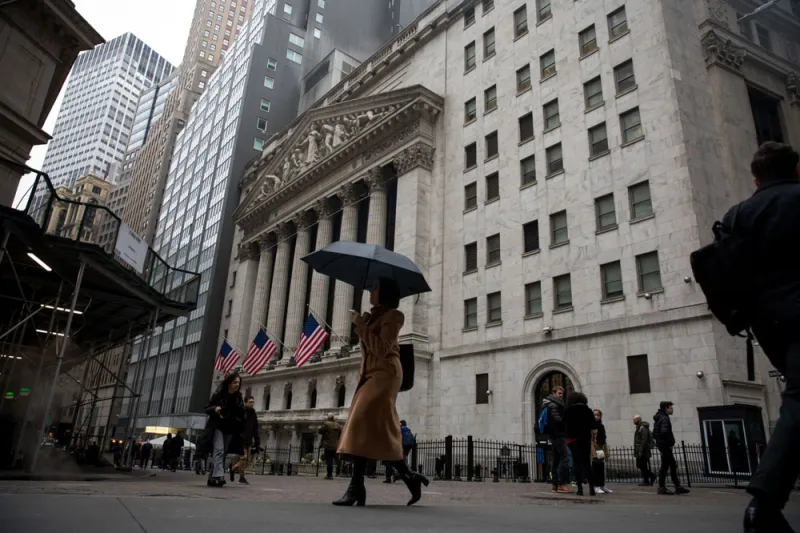Actively managed mutual funds shined as the stock market was rocked last month by coronavirus fears, according to Bank of America Corp. research.
Sixty percent of actively managed U.S. mutual funds that buy large-cap stocks beat the Russell 1000 in February, marking the first time since May that more than half beat their benchmarks, Bank of America equity and quant strategists said in a report dated March 2. The fund managers outperformed across core, value, and growth investing styles.
“All three groups have generated alpha via stock picking,” the strategists said. “February’s strong performance came despite a worsening market environment for active managers.”
Investors have dumped stocks this year on fears the spread of the corona virus will hurt the economy. The concerns prompted the Federal Reserve to announce on Tuesday that it cut its benchmark rate by 0.5 percentage point, to a targeted range of one percent to 1.25 percent.
“The coronavirus poses evolving risks to economic activity,” the Fed said in its statement Tuesday. “The committee is closely monitoring developments and their implications for the economic outlook.”
The average large-cap mutual fund outperformed its benchmark by 26 basis points in February, even as “pair-wise” stock correlations of the Standard & Poor’s 500 and Russell 2000 indexes rose sharply amid the sell-off driven by the corona virus, according to the Bank of America report. That means managers outperformed in a less favorable market for stock pickers, with all three large-cap styles beating benchmarks for the first time since April 2018.
“Growth managers were by far the best performing group,” the bank’s strategists said, with 75 percent exceeding the performance of the Russell 1000 Growth index.
[II Deep Dive: This Is When Hedge Funds Are Supposed to Outperform. Here’s What’s Actually Happening.]
Bank of America research found that “performance dispersion” for large-cap equities fell last month to the lowest level since 2015 — “a scarce-alpha environment” in which a majority of large-cap mutual fund managers still beat benchmarks.
The S&P 500 index, which tracks the performance of large U.S. stocks, was down March 2 about 9 percent from this year’s peak on February 19. On Tuesday, the S&P 500 was down about 2 percent around 3:20 p.m. in New York, even after the Fed’s emergency rate cut.







